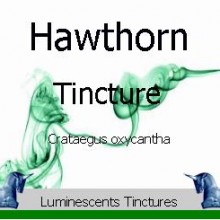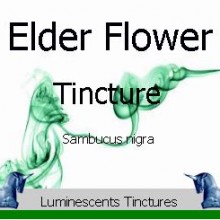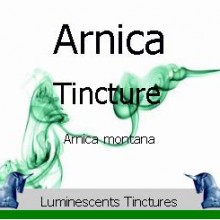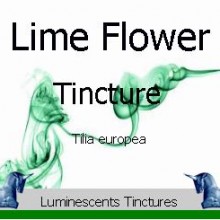Barosma betulina from which this Buchu Leaf Tincture has been extracted is harvested whilst the plant is in flower and is conspicuously marked with oil glands appearing as pellucid spots. Buchu leaves have a strong odour, resembling Pennyroyal, and a corresponding taste. The odour and taste are strongly aromatic, mint-like pungent and very bitter.
Constituents of Buchu Leaf Tincture:-
Buchu Leaf Tincture contains diosphenol, stearopten and some amount of salicylic acid. The burned leaf is high in manganese. The diosphenol obtained is an oxycamphor. The leaves contain dioscampho and diosmin, lipids, terpineol, bioflavonoids, and the flavonoids, Diosmin, Quercitin, Rutin.
Traditional Uses of Buchu Leaf Tincture:-
It is usually taken as a tea or by steeping the herb in brandy to make what is referred to as Buchu vinegar (in effect a tincture).
There is some conflicting information as to whether Buchu leaves should be used for inflammation and infection of the kidneys and urinary tract. However many traditional herbal practitioners still recommend it to this day due to historical testimony. It has also been used for hundreds of years for bladder irritations, as a disinfectant of the urinary tract, and as a diuretic. Buchu is also often used to treat prostate infections. The primary action of the herb is antimicrobial. The herb has also been traditionally used for gastrointestinal problems as well as prostate health. It is a mild diuretic and has antiseptic qualities but there are noted side effects that should be understood, whilst not affecting everyone the same way, indeed very few at all, you should only use Buchu under the guidance of a health practitioner.
History of Buchu Leaves:-
The plant originated in southern Africa, where it was traditionally used by the Hottentots who called it Bookoo or Buku and used it for anointing their bodies. It has since found favour and is grown commercially in large tracts of South America too. Ours is from South Africa.






